The six key moments of the Cold War relived
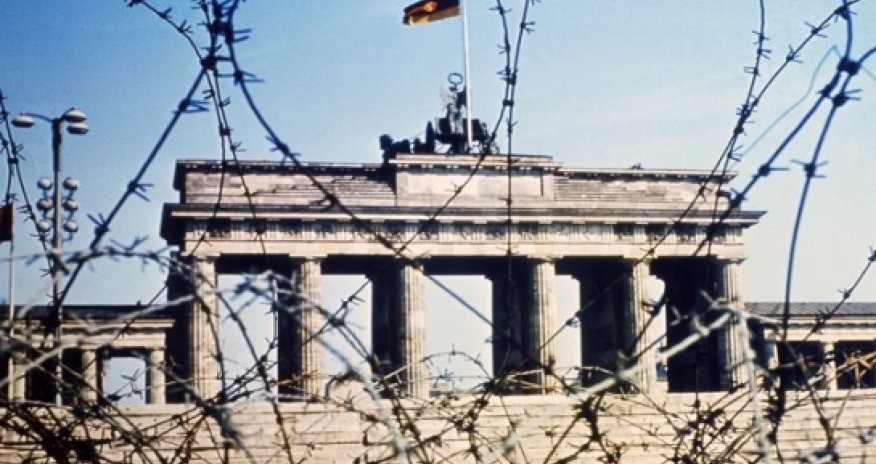
The US, UK and France were allied with the communist Soviet Union during World War Two, but as it became clear victory in the war was approaching new battle lines started to be drawn. What followed was 45 years of tension, marked by espionage and proxy wars involving client states, all undertaken with the knowledge of the nuclear catastrophe that actual war would bring.People who experienced the key events of the conflict describe how it affected them - and Cold War expert Scott Lucas, of Birmingham University and EA WorldView, explains how they fitted into the bigger picture.Joyce Hargrave-Wright was sent to Germany just before her 21st birthday in 1948 to serve with RAF air traffic control after the USSR blockaded West Berlin, cutting off supplies."It all seemed extremely strange. Not long before we had been at war with Germany and the Russians had been our allies. The airlift was a 24-hour operation. There were planes flying every three minutes along three corridors, carrying food, coal, blankets and even contraceptives. We worked incredibly long hours. We were focused on people in Berlin who were starving, not on the reasons why. But with hindsight it was a turning point."Scott Lucas's view: "Germany was the pivot point of the conflict in Europe. When the US and USSR failed to agree on a single Germany acceptable to both, the country was divided. West Berlin was surrounded by Communist East Germany. Stalin's blockade lasted 11 months but West Berlin held out - the crisis actually accelerated the creation of the Federal Republic of Germany and Nato in 1949."1950-53: Korean WarEdgar Green was a 19-year-old National Serviceman with the Middlesex Regiment when he was sent to Korea in 1950 after the communist north invaded the Western-backed south."There were no arguments about it, not like you get today with Afghanistan. We had no idea why we were there. Even the officers didn't know where Korea was. We were told the north had invaded the south and this was a police action. When we pushed up to the 38th Parallel we thought that was it, but then we kept going. There were more men lost their lives in Korea than in the Falklands, Bosnia and Afghanistan put together but now it's a forgotten war and we are forgotten veterans."Lucas's view: "Korea represented a shift in the Cold War. The Communists took over in China in 1949, the Soviets detonated their atomic bomb, and then you had this conflict in Korea between north and south. Kim Il-Sung in the north forced the civil war in 1950 and the US responded by going to the UN - when the Soviets walked out, passing on the chance to veto a military response, the US and its allies intervened. Korea wasn't that strategically important, but the conflict took the Cold War beyond Europe - because of Korea you got Vietnam."1956: Soviet invasion of HungaryPatrick Devine's Communist Party-supporting family in Wanstead, east London, was split when a popular revolt against the USSR-backed government in Budapest was crushed by Soviet tanks."My family saw the Soviet Union as the first country in which the working class had broken through and taken power. The invasion came as a tremendous shock. There were families and friendship groups divided by it. My father continued to believe that the Soviet Union's actions were correct. Others, like my mother, were more critical. It took me two decades longer to realise that the Soviet Union wasn't a socialist country after all because you can't have socialism without democracy."Lucas's view: "Hungary marked the failure of US attempts to liberate eastern Europe by encouraging the overthrow of Communist governments. But the Soviet use of force led to an erosion of its status and raised questions about whether they could continue their economic and military influence over the Warsaw Pact countries. There would be further uprisings in 1968 and the early 1980s before the fall of the Berlin Wall."1962: Cuban missile crisisSeven-year-old Marta Darby, whose parents had fled Cuba to Miami after Fidel Castro's revolution, recalls 13 tense days during a nuclear stand-off."When the crisis hit, we thought the world was over. I don't know if other kids were aware of what was going on but in our home we talked about everything happening in Cuba - as Cuban refugees we knew what Fidel Castro was capable of. People were digging bomb shelters. There were conversations like, 'Maybe they'll bomb New York first.' I thought that would buy us some time. When it came through that the crisis was over, we actually had a party. That night we roasted a pig. My family realised then there was no way we were going back to Cuba."Lucas's view: "The cold war had now spread to America's back yard. The escalation of US attempts to check the Communist regime in Cuba, with the failure of the Bay of Pigs invasion in 1961, led to a further acceleration of tensions and the Soviets planned on putting nuclear weapons in Cuba. This raised the prospect of an atomic war but both sides backed away. The Castro regime, however, remains in power to this day under the leadership of Fidel's brother Raul."1955-72: Space race landmarksSpace scientist Fred Taylor - now professor emeritus of physics at the University of Oxford - spent 10 years at Nasa's Jet Propulsion Laboratory in California."I was 23 when the Apollo landings took place, just before I moved to America - it was tremendously exciting. We knew there was a race going on but we didn't know what the other side were up to. I remember going to a conference on space research. It was the only place you could hear Russians talk about their work. If you could corner one of them in a bar and have a chat they were friendly - as long as the men in raincoats weren't looking. But we were not terribly worried about the politics of it. We all thought we would go on to Mars. I never imagined that the pace of development would slow down as much as it did."Lucas's view: "In 1957 the US was shaken when the Soviets put Sputnik into orbit. This perception of weakness was matched by the military fear of inter-continental ballistic missiles. The Soviets gained further advantage by putting a man in space in 1961. However, John F Kennedy countered by declaring a civilian, rather than military, contest by declaring the New Frontier of a mission to the Moon. The US would go beyond the Moon to develop the Space Shuttle while the Soviets would create the first International Space Station."1989: Fall of the Berlin WallChrista-Maria Lerm HayesChrista-Maria Lerm Hayes was eight when she and her dissident parents left Jena in the German Democratic Republic for West Berlin."When the wall came down I was living in student halls in London. I was glued to the television. My mother came to visit and she looked 10 years younger. There were family members in the east we hadn't seen for years. Clearly the cold war felt very real to us. We experienced first hand in our personal lives what the decisions of governments mean for people. It's so important that we don't just say, 'Oh, it's another election' - it makes you realise that these things matter greatly. "Lucas's view: "The Soviets could not sustain themselves economically. After four decades, the Cold War was decided not by a military showdown but by the inability of the Soviet Union and their allies to provide for basic needs of their citizens. The exodus of people, first from Hungary and then Czechoslovakia, led to people leaving East Germany through those countries and made the wall obsolescent, even before it was knocked down."(BBC)ANN.Az
Latest news 
More news 
























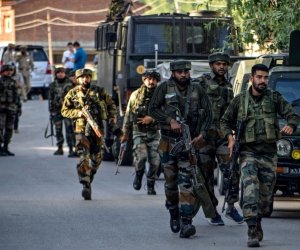
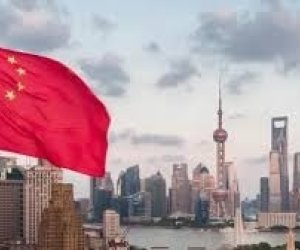
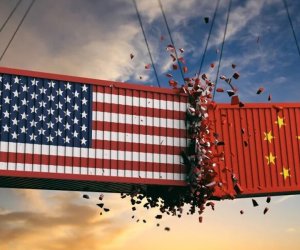
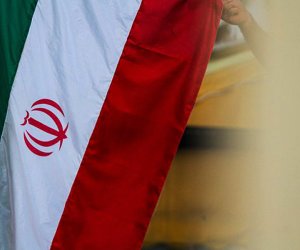
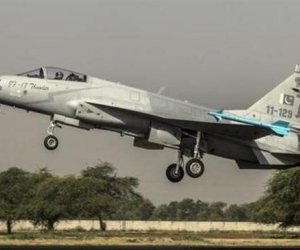
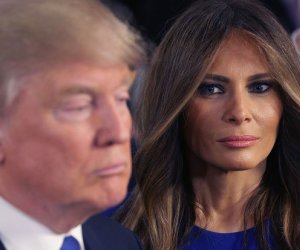
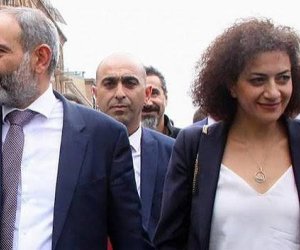
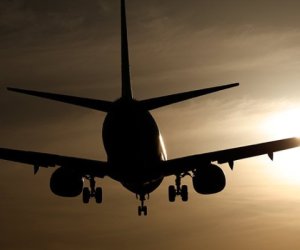
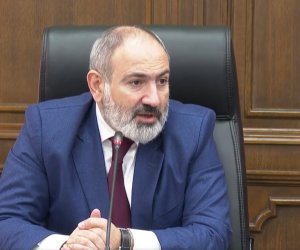


 Photo
Photo 



 Video
Video 

